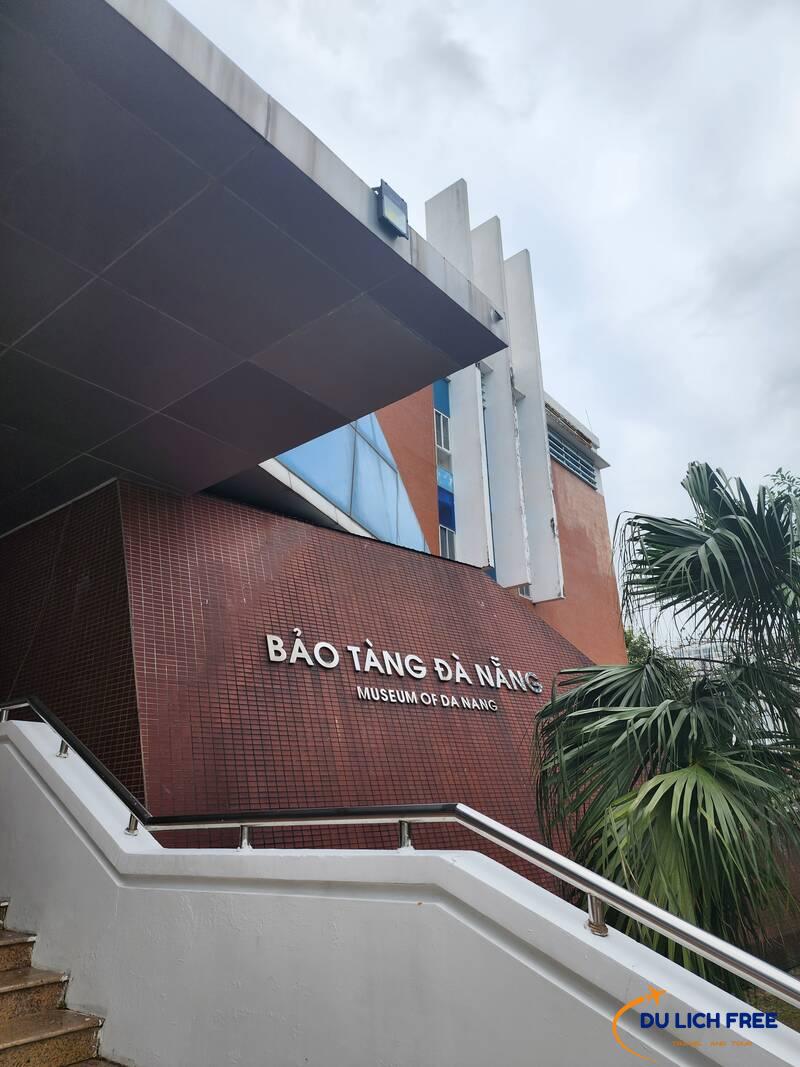Thị Trường Bất Động Sản
Uncategorized
Bảo Tàng Đà Nẵng Giờ Mở Cửa 2025: Lịch Mới & Ưu Đãi
Bảo tàng Đà Nẵng không chỉ là nơi lưu giữ những giá trị lịch sử,...
Tin Nổi Bật
Bảo Tàng Đà Nẵng Giờ Mở Cửa 2025: Lịch Mới & Ưu Đãi
Bảo tàng Đà Nẵng không chỉ là nơi lưu giữ những giá trị...
Cẩm Nang Mua Bán Nhà Đất
Bảo Tàng Đà Nẵng Giờ Mở Cửa 2025: Lịch Mới & Ưu Đãi
Bảo tàng Đà Nẵng không chỉ là nơi lưu...
Dự Án Nổi Bật
Uncategorized
Bảo Tàng Đà Nẵng Giờ Mở Cửa 2025: Lịch Mới & Ưu Đãi
Uncategorized
Bảo Tàng Đà Nẵng Giờ Mở Cửa 2025: Lịch Mới & Ưu Đãi
Đầu Tư Bất Động Sản
Uncategorized
Bảo Tàng Đà Nẵng Giờ Mở Cửa 2025: Lịch Mới & Ưu Đãi
Bảo tàng Đà Nẵng không chỉ là nơi lưu giữ những giá trị lịch...
Uncategorized

